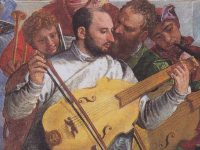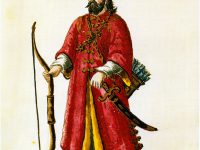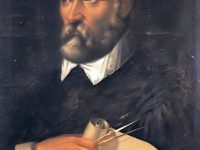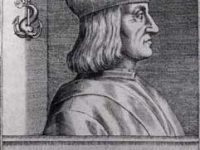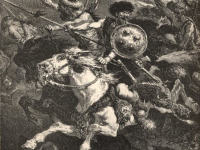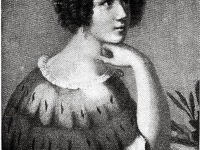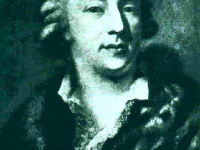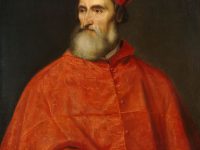Giovanni Battista Tiepolo and the Grandeur of Rococo
On March 5, 1696, Italian painter and printmaker Giovanni Battista Tiepolo was born. As an important member of the 18th-century Venetian school, Tiepolo painted in the Rococo style. His work includes depictions of heroic epics, histories, opera scenes, festivals of the gods, and also altars, where he enriched a number of these paintings with putti and cupids. Giovanni Battista Tiepolo – Early Years Giovanni Battista Tiepolo was born in Venice. He was…
Read more


